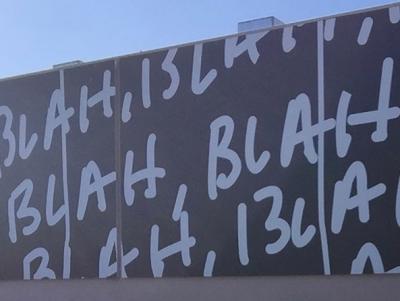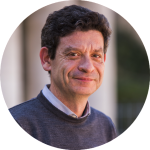
Deciphering how language operates and developing remedies for its learning difficulties or pathological breakdowns certainly depends on understanding its cognitive and neural implementation.
Language (and music) involves attention, long-term and short-term knowledge, procedural memory, accurate perception, and fine-grained motor control, as well as complex representational codes.
A tenet of the research conducted in the LaMA team is that theories of language and music processing require combining a detailed description of the linguistic, or musical, representations involved while considering the generality of certain psychological and neurocognitive processes.
Language and music are studied "in action" because of our shared interest for productive activities such as speaking, writing, and singing, but also because of our shared interest for how language is used in ecological environments such as classrooms or rehabilitation programs.


